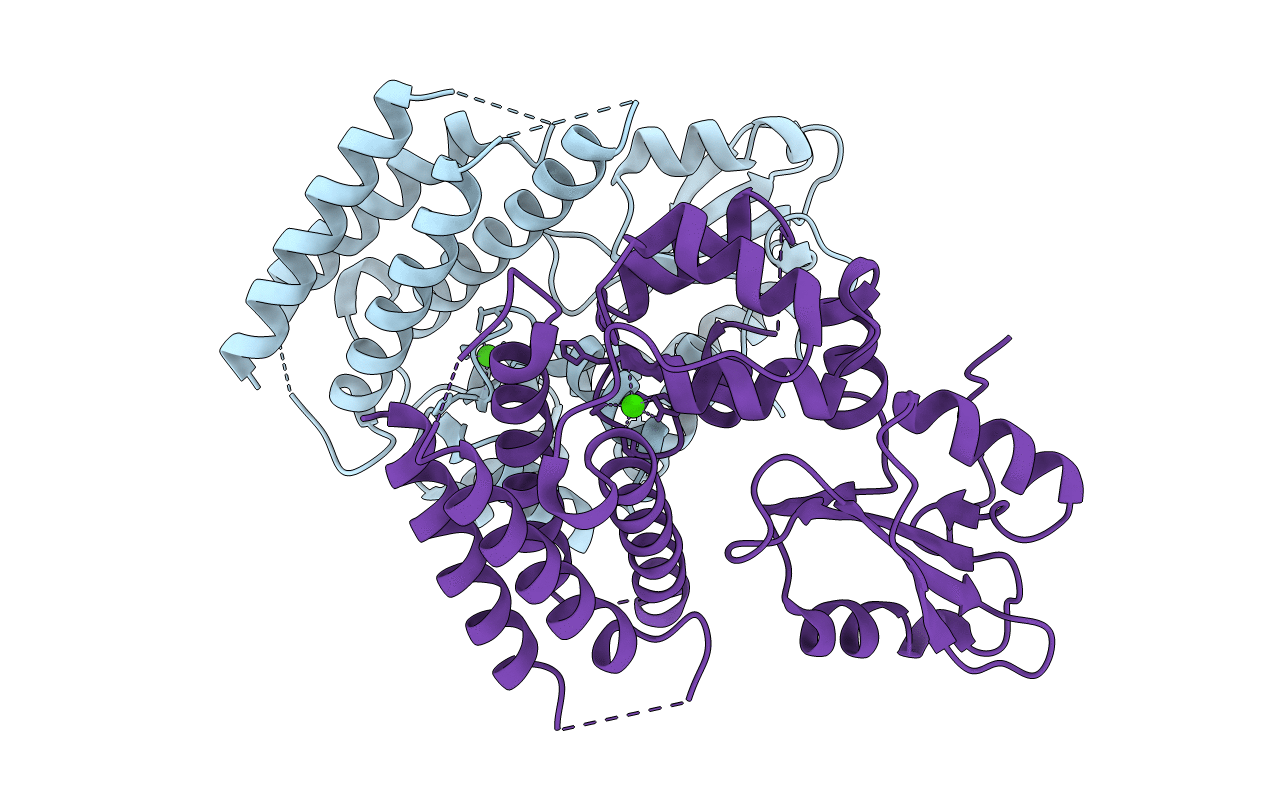
Deposition Date
2012-04-13
Release Date
2013-03-06
Last Version Date
2024-03-20
Entry Detail
PDB ID:
3VRQ
Keywords:
Title:
Crystal structure of the tyrosine kinase binding domain of Cbl-c (PL mutant)
Biological Source:
Source Organism(s):
Homo sapiens (Taxon ID: 9606)
Expression System(s):
Method Details:
Experimental Method:
Resolution:
2.39 Å
R-Value Free:
0.26
R-Value Work:
0.21
R-Value Observed:
0.21
Space Group:
P 1 21 1


